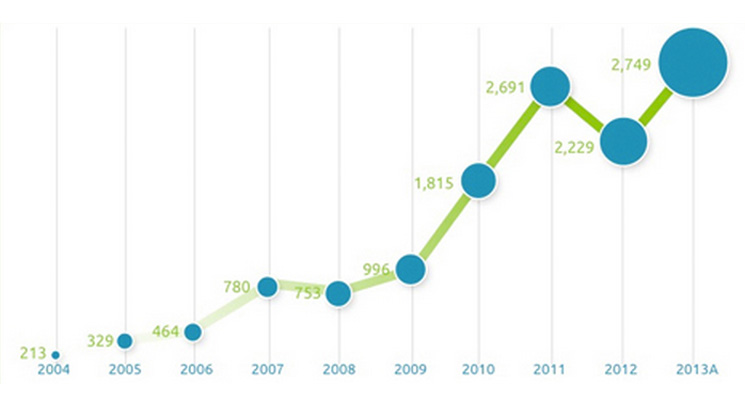Google has come under fire from so-called patent trolls on several occasions over the last ten years. At the start of 2014 the company was ordered to pay 1.36% of its Adwords revenue to a small business that purchased a group of patents originally filed by Lycos.
Given that Adwords has been one of the most spectacular financial successes of Google this is a very important ruling.
The concept of ‘patent trolling’ (i.e. purchasing patents with no aspiration to develop the associated idea and then suing businesses for utilising it), is an issue that has been pushed to the forefront of government lately.
The US government is attempting, and failing, to find ways to curb the apparent rise of patent trolling, but Google is not sitting comfortably waiting for the law to catch up.
Instead it has formed an alliance with Canon, Dropbox and Newgg in what the Internet is referring to as the Troll-Slaying Club, actually called a LOT Network (or LOTNet).
The companies involved will all sign agreements which mean that any patents they sell will include a caveat ensuring that the new license holder can not sue any of the members in the LOTNet – thus giving them protection.
A spokesperson for the circle of companies said “Had we formed LOT Network in 2005, and if every operating company had joined that year, approximately 10,500 defendants in [patent troll] litigations using acquired patents may have collectively avoided more than $100 billion in costs.”
Legislative action seems a long way off as laws protecting big businesses from patent trolls will more than likely make small start-ups and individual inventors susceptible to the goliath-force of big business.
Graph: Companies sued by patent trolls each year, according to LOTNet. Image: LOTNet

